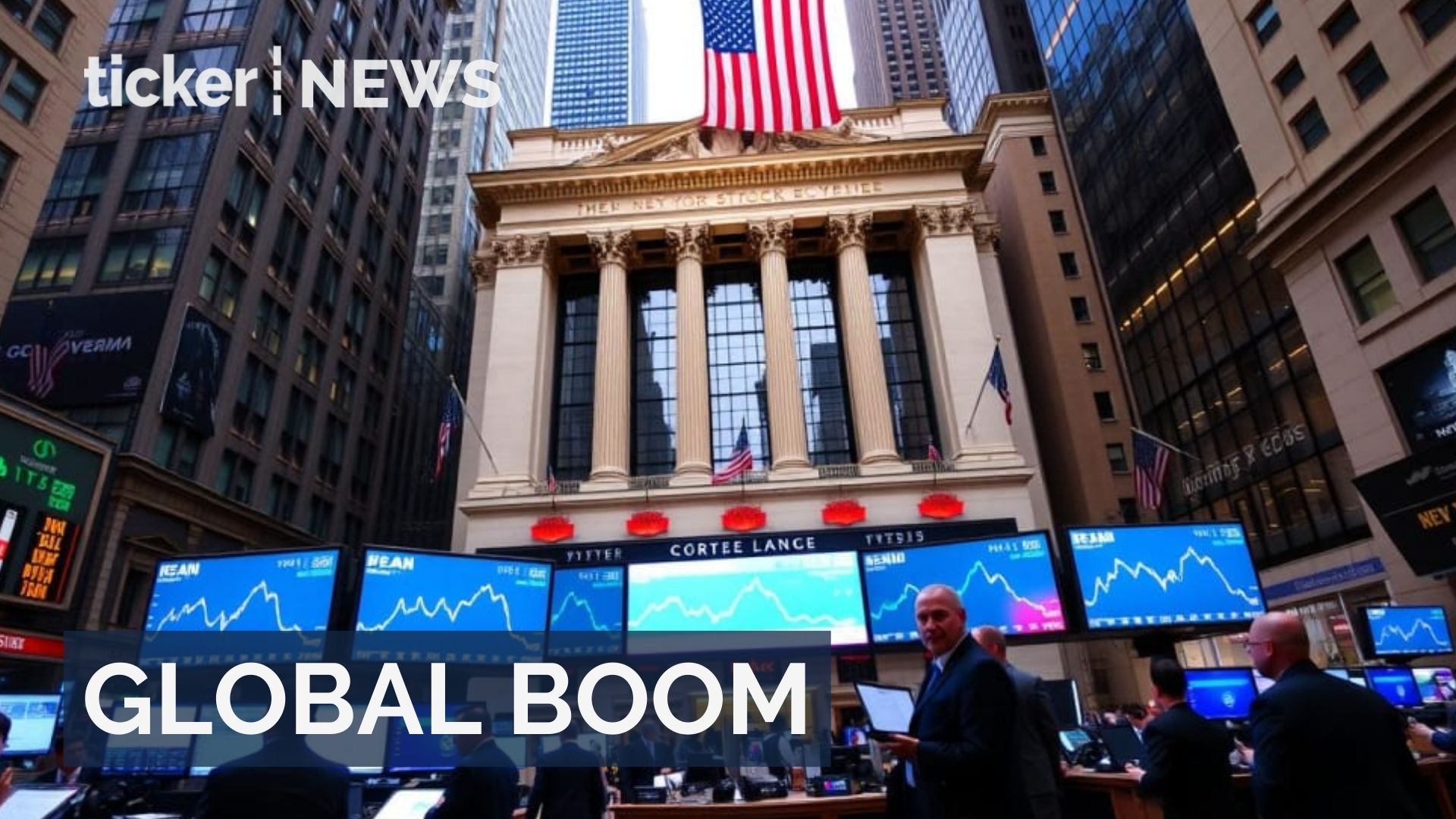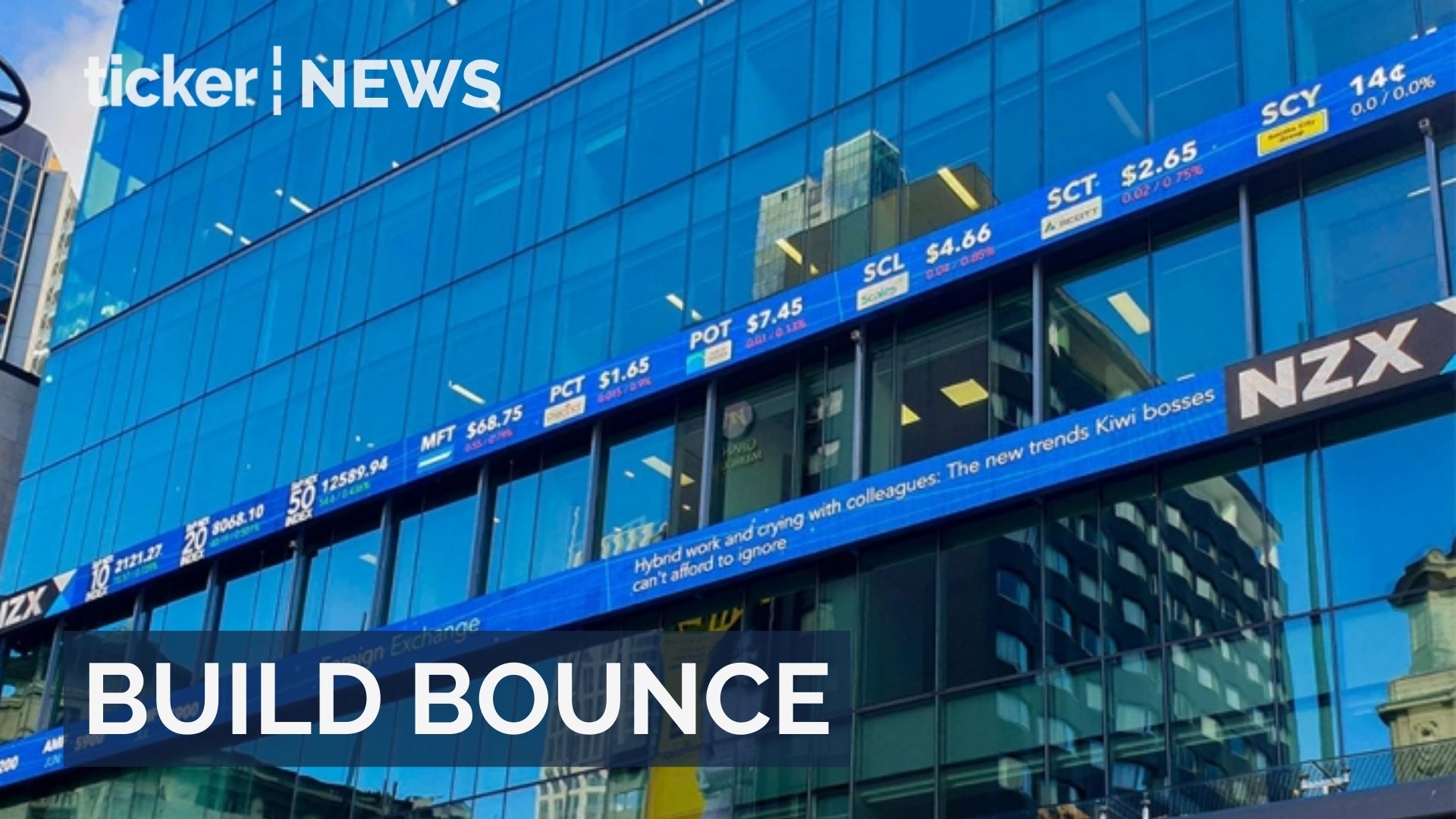Money
Way of the future: The Flying Taxi
Money
Global stocks rise to record highs in 2025
Global stocks surge to record highs at 2025 year-end, driven by Fed rate cuts and AI optimism across markets
Money
New Zealand experiences unexpected economic growth surge
New Zealand economy sees 1.1% growth in third quarter, surpassing forecasts and signalling broad recovery after earlier contraction
Money
US economy grows 4.3% in Q3, exceeding forecasts
US economy grows 4.3% in Q3 2025, surpassing forecasts despite inflation and shutdown challenges
-



 Tech2 days ago
Tech2 days agoItaly orders Meta to open WhatsApp to AI competitors
-



 Tech4 days ago
Tech4 days agoChina’s maglev breakthrough hits 700 km/h in seconds, reshaping the future of transport
-



 News24 hours ago
News24 hours agoNASA’s Pandora satellite set to search for alien life
-



 Tech1 day ago
Tech1 day agoSoftBank plans acquisition of DigitalBridge for AI expansion
-



 Money1 day ago
Money1 day agoGlobal stocks rise to record highs in 2025
-



 News4 days ago
News4 days agoUkraine presents US-backed peace proposal to Russia
-



 Politics2 days ago
Politics2 days agoNigeria disputes Trump’s genocide claims amid airstrikes
-



 News1 day ago
News1 day agoTrump and Zelenskyy progress on Ukraine peace plan








